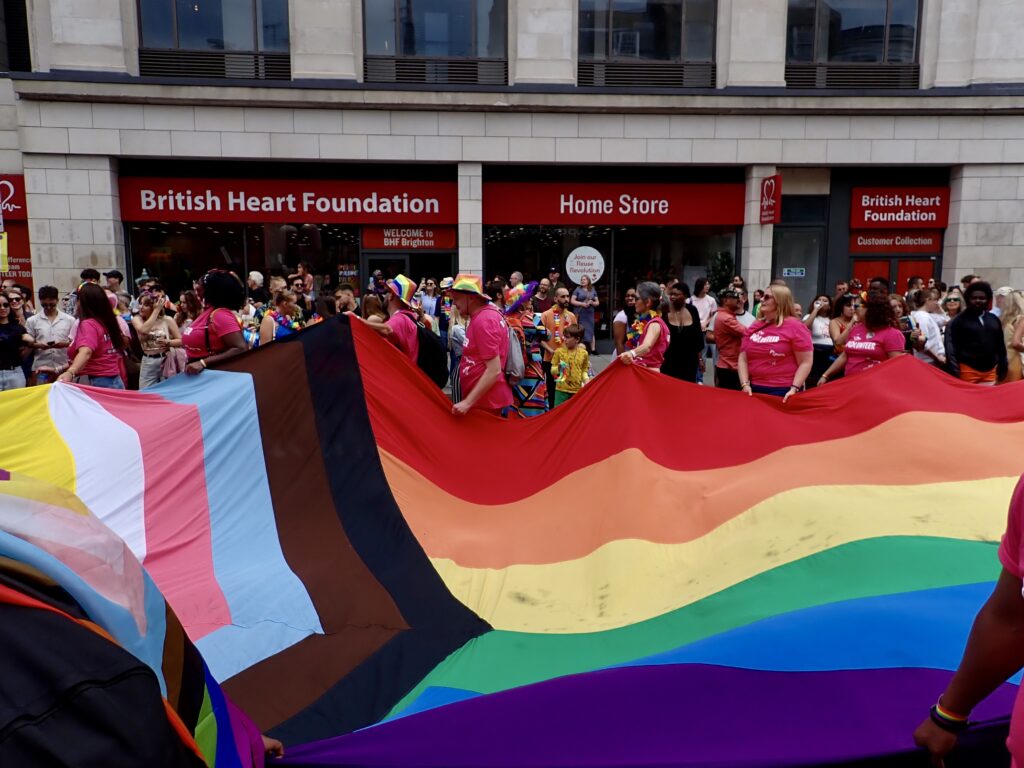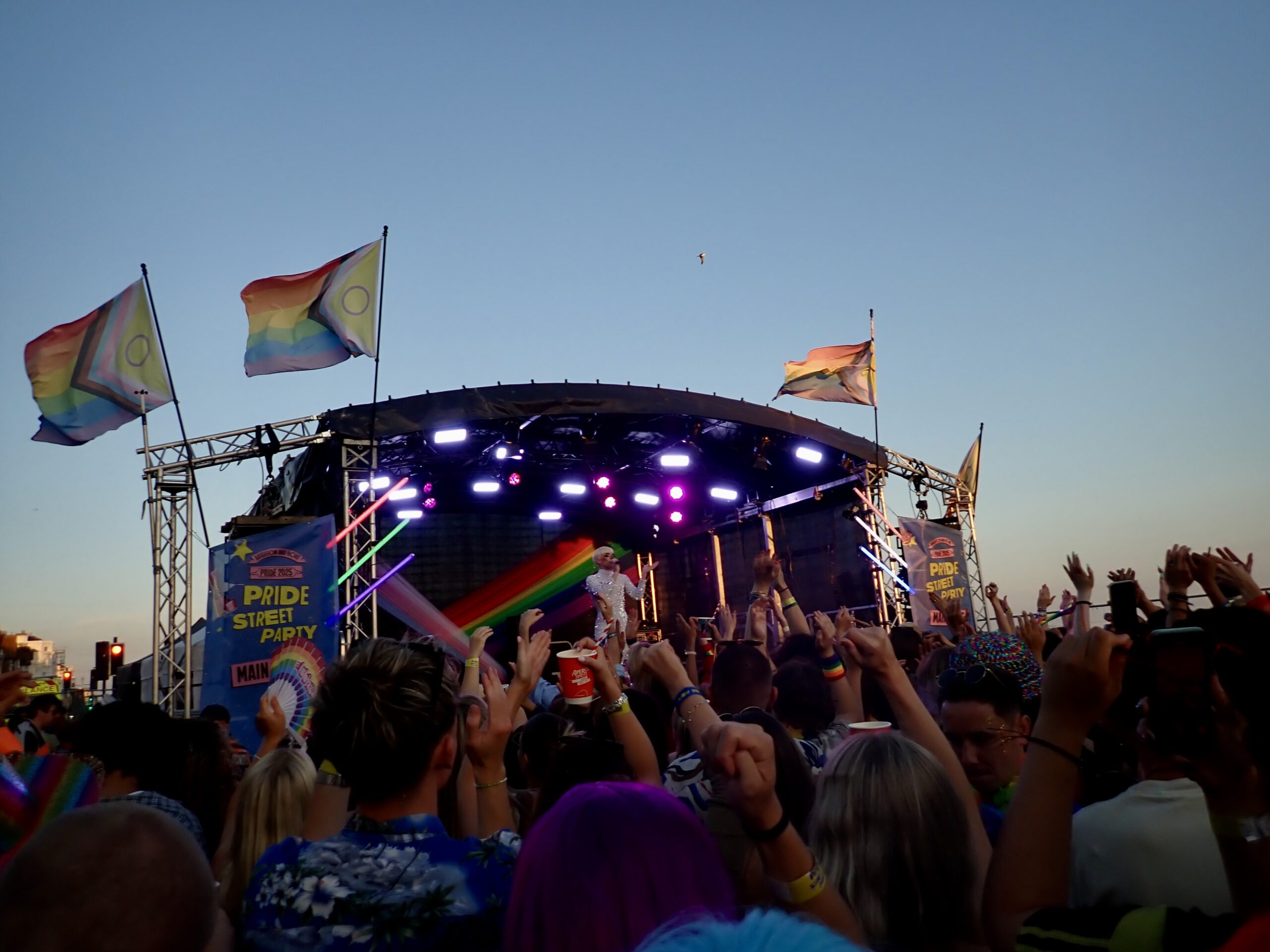‘I go to university in Brighton’ is a statement that usually evokes a lot of intrigue in people who hear it. Brighton’s reputation, nationally and internationally, carries with it a lot of connotations, which in my experience have been both positive and negative depending on whom I am speaking to and their outlook on the LGBTQ+ community. As a left-wing Lesbian from an area in Northern Ireland notorious for loyalism and conservatism, Brighton was a breath of fresh air as a fresher. For the first time, I felt I had the space to develop into myself free of fear and judgment. In my first year alone, my confidence grew tremendously, and I was able to express my sexuality in a way that I never thought would be possible for me.
How did Brighton become synonymous with the LGBTQ+ community and gain its reputation as the Gay Capital of the UK?
Brighton has a long and rich LGBTQ+ history, due its proximity to London it became a hotspot for art and culture, frequented by many queer historical figures such as Oscar Wilde and Anne Lister and by the 1930’s despite criminalisation, Brighton began to quietly flourish into the gay capital it is known as today with the existence of gay and lesbian venues as early as the 20’s, becoming a refuge for lesbians and gay men from across the country.

Photo: Shiqin Ong
As the city gained its reputation, the local LGBTQ+ community and gay holidaymakers were met with backlash and police raids, and thus, activism flourished. Particularly in the 70’s with the formation of The Sussex Gay Liberation Front by university students and LGBTQ+ residents. Throughout the late 20th and 21st centuries, this reputation has endured, if not strengthened, with the launch of the annual Brighton Pride and the opening of Brighton’s first LGBTQ+ nightclub, Revenge, which has remained at the heart of both LGBTQ+ residents and students.
Brighton’s reputation makes for an attractive destination for LGBTQ+ students to come and study. I know my decision to come to the University of Sussex personally was largely underpinned by its location, and although Brighton is not some perfect gay utopia, it is miles different from anything I am used to and has undoubtedly met my expectations. From the large variety of LGBTQ+ nightlife (my personal favourite is Revenge, which I yearn for over the summer), campus life, and the general atmosphere of the city, where queer expression is casually ingrained in everyday life. The queerness of Brighton feels increasingly like a sanctuary as far-right sentiment is becoming more and more rampant across many cities in Europe. I feel it especially when my partner comes to visit me in Brighton and we see queer couples walking about the city at ease; we find ourselves without the constant vigilance we would have had at home. I owe a lot to Brighton, for it has allowed me to develop the confidence to come back to my hometown and feel resilient.
Another article you may enjoy: https://thebadgeronline.com/2025/09/street-artists-brighton/

